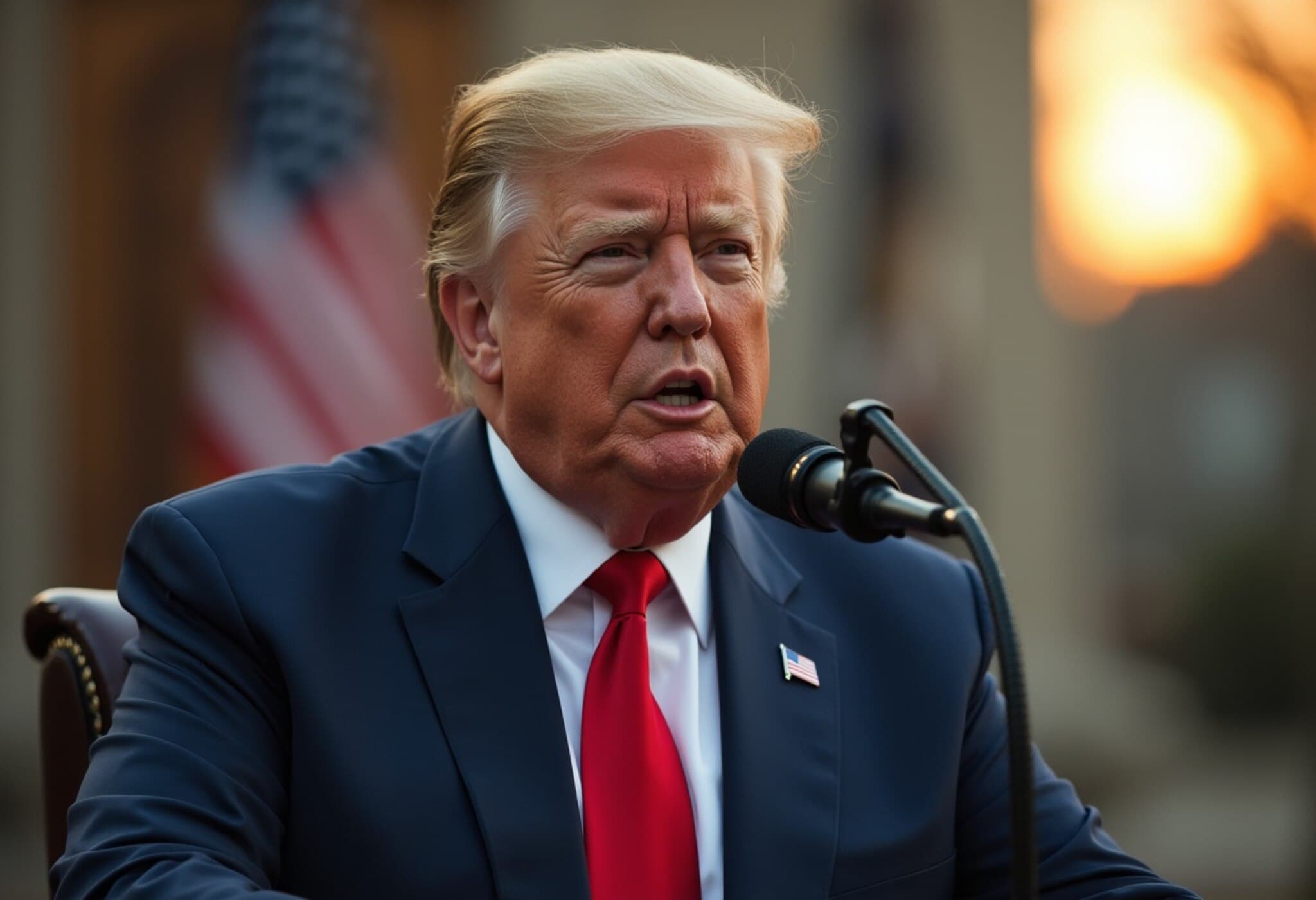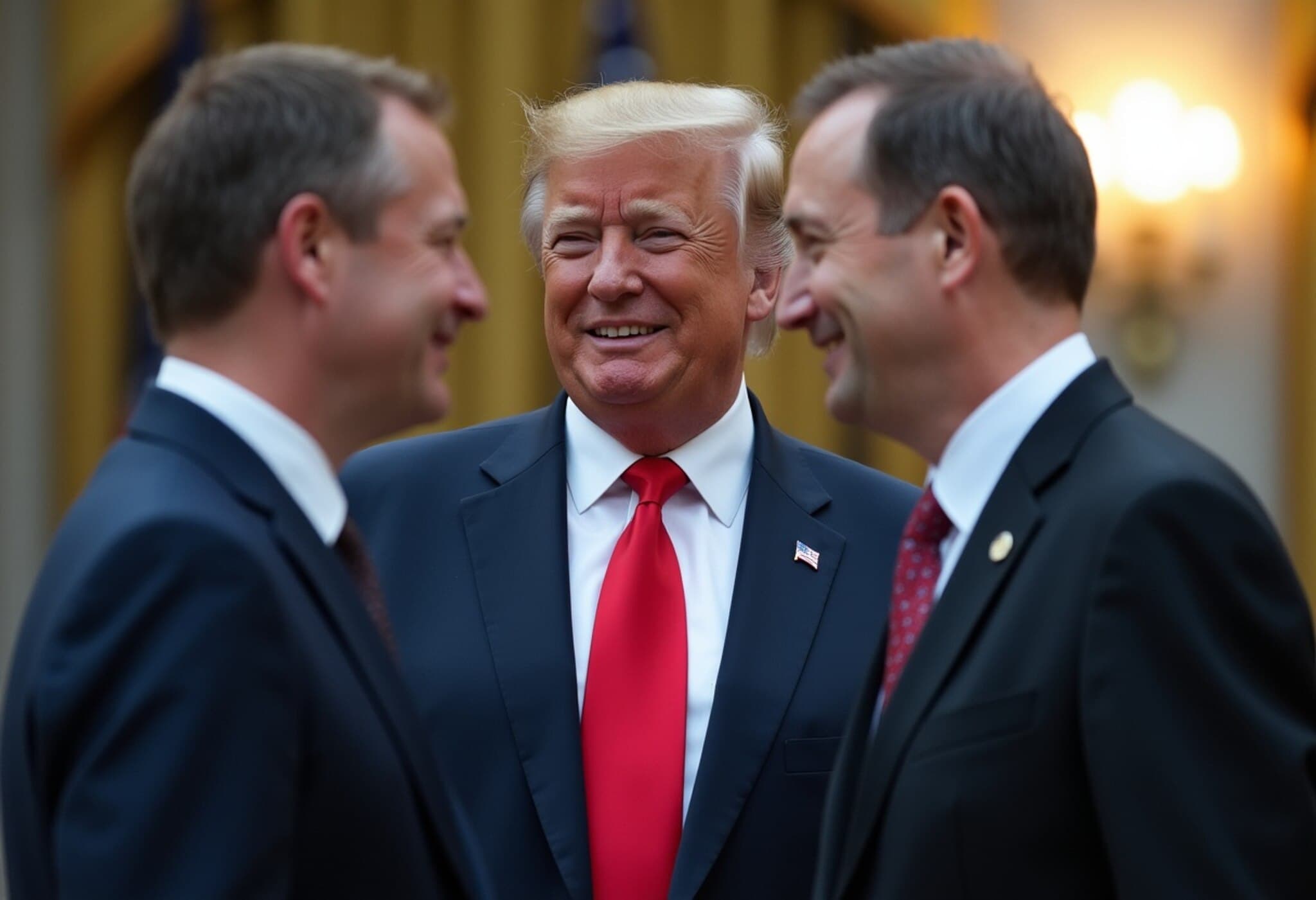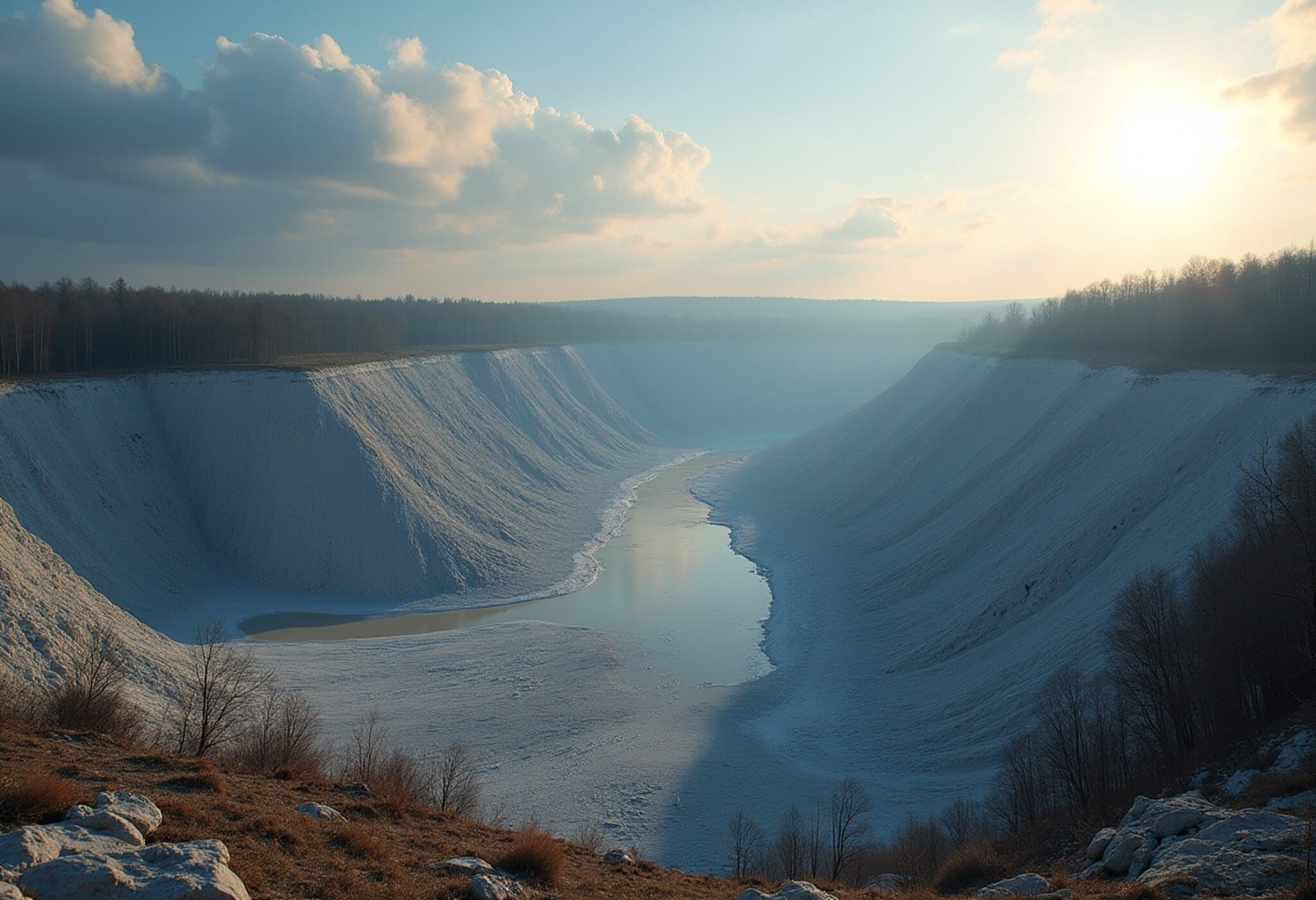Trump’s Global Campaign to Revive Fossil Fuels
In a significant intensification of his energy strategy, former President Donald Trump is not only reinforcing the United States’ commitment to fossil fuels but also actively encouraging other countries to slow down their clean energy transitions. His administration appears to be employing a combination of economic leverage, diplomatic pressure, and trade deals to promote reliance on oil, gas, and coal worldwide, challenging the global momentum toward renewable energy.
Economic Power as a Diplomatic Weapon
Reports from The New York Times reveal that the Trump administration is using tariffs and trade agreements as strategic tools to disincentivize clean energy adoption in foreign nations. By tying tariff relief to the purchase of billions of dollars’ worth of American oil and gas—such as a reported $750 billion deal with the European Union—the administration seeks to entwine US fossil fuel interests with global markets.
This approach, framed as protecting American sovereign interests, risks creating long-term dependencies on fossil fuels, potentially jeopardizing international climate goals, especially those made by traditionally progressive regions like the EU, Japan, and South Korea.
Trade Deals at the Crossroads of Energy and Climate Policy
- EU Deal: Allegedly includes commitments to purchase vast amounts of US oil and gas.
- Asia: Japan and South Korea engaged in similar agreements, focusing on liquefied natural gas infrastructure.
- Potential Consequences: These agreements could undermine renewable energy adoption and lock partners into fossil fuel use.
Challenging Renewable Energy Through Rhetoric and Policy
Trump’s disdain for renewable technologies, particularly wind power, is as vocal abroad as it is domestically. During recent meetings with European leaders, including European Commission President Ursula von der Leyen and UK Prime Minister Keir Starmer, he disparaged wind energy—calling it a "con job" and labeling it "ugly monsters" and "a disaster." These statements starkly contrast with Europe’s ambitious plans, where wind energy already supplies about 20% of electricity and aims to increase that share substantially.
Environmental and Political Repercussions
Environmental advocates and former climate officials warn that Trump’s push threatens to unravel critical international climate cooperation. Jennifer Morgan, Germany’s former climate envoy, described his strategy as building "a fossil fuel world," emphasizing the urgency for countries to deepen their climate commitments instead of retreating under economic pressure from the US.
Aligning with Fossil Fuel Producers and Resisting Environmental Limits
At international forums such as Geneva negotiations, the Trump administration has sided with major oil producers like Saudi Arabia to oppose restrictions on petroleum-based plastics—despite mounting scientific evidence of their environmental hazards. Energy Secretary Chris Wright even suggested the US might exit the International Energy Agency if projections indicating a peak in oil demand prove accurate. This stance frames fossil fuels as essential to national freedom and sovereignty, branding climate ambitions as "alarmism."
National Security vs. Climate Security: An Ongoing Tension
White House spokespeople defend this aggressive fossil fuel agenda as vital to US energy dominance and economic security. They argue that pursuing expansive climate goals could undermine American households and businesses and threaten national security. Yet, experts point out that the consequences of sidelining climate action may be far more severe globally, as last year marked the hottest year on record—with temperatures surpassing 1.5°C above pre-industrial levels, driving extreme droughts, wildfires, and heatwaves worldwide.
What This Means for the Future
If the US continues leveraging its global influence to promote fossil fuels aggressively, it risks derailing international climate progress just when urgent emissions reductions are needed most. The interplay between economic interests, diplomatic pressure, and environmental commitments underscores the complexity of transitioning the global energy system amidst competing priorities.
Editor's Note
Trump’s worldwide fossil fuel push reveals a critical crossroads in global energy politics: the tension between entrenched economic interests and an imperative to combat climate change. How nations navigate this push-and-pull will shape not only their energy futures but the planet’s livability for decades. Observers and policymakers alike should watch closely how economic diplomacy and environmental policy collide in this high-stakes arena.











